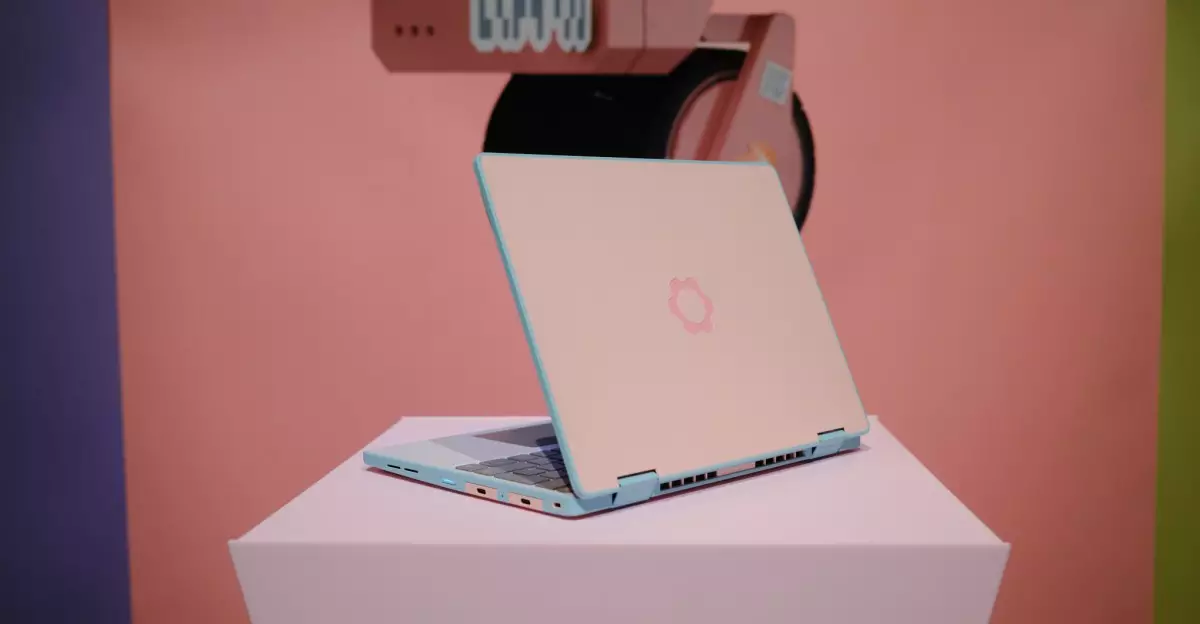In a rapidly changing technological landscape, Framework is demonstrating resilience and adaptability by pausing its U.S. preorders for the highly anticipated Laptop 12. This decision comes in light of the economic pressures posed by the recent tariffs that impact Taiwanese manufacturers, driving the company to reassess how these financial constraints will affect their pricing strategy. Instead of launching into the U.S. market without caution, Framework is choosing a more deliberate approach, prioritizing sustainability and consumer interests over immediate profit.
Framework has long prided itself on creating modular and easily repairable devices, which has built a devoted customer base that values the ethos of sustainability. The Laptop 12 is slated to be their most compact model yet, introducing a convertible touchscreen design with impressive specifications. It features the latest 13th Gen Intel Core i3 or i5 processors, a vivid 1920×1200 touchscreen, and expandable options for RAM and storage—all hallmarks of a device that maintains functionality without sacrificing style.
A Unique Offering in a Crowded Market
What sets the Laptop 12 apart is not just its technical prowess but also its striking aesthetic options. Available in pastel pink and mint finishes, the device caters to consumers who seek both performance and flair in their tech purchases. These color choices reflect a growing trend in tech design, where individuality is embraced, appealing to a demographic that values personalization in their devices.
Despite the attractive features of the Laptop 12, the lack of a U.S. preorder option is undoubtedly a blow for fans eager to get their hands on the latest innovation. However, Framework’s approach illustrates a pragmatic understanding of market dynamics. By focusing on markets outside the U.S., including Canada, Europe, Australia, and Taiwan, Framework reassures stakeholders that they are committed to finding an optimal balance between affordability and quality—crucial in retaining brand loyalty.
The Bigger Picture: Implications of Tariff Policies on Innovation
This scenario raises a pertinent question about the innovation ecosystem in the tech industry. As brands like Framework navigate the complexities of tariffs, the implications ripple through the market, influencing not only pricing strategies but also product availability. When a company opts to delay product introductions or de-list items due to tariffs, it might seem a setback. Still, it can also signal a deeper commitment to ethical pricing and consumer fairness. Companies willing to take a stand may encourage a shift toward more thoughtful manufacturing processes and transparent business practices.
Framework’s measured response to the tariff situation showcases its ability to pivot when necessary—a trait essential for thriving in an ever-evolving market landscape. While there are challenges ahead, the company’s proactive stance could lead to more innovative practices that benefit consumers in the long run. As they prepare to unveil the Laptop 12’s pricing for international preorders, the tech community watches closely, eager to see how Framework will continue to redefine user experience while thoughtfully navigating the complexities of the global market.

